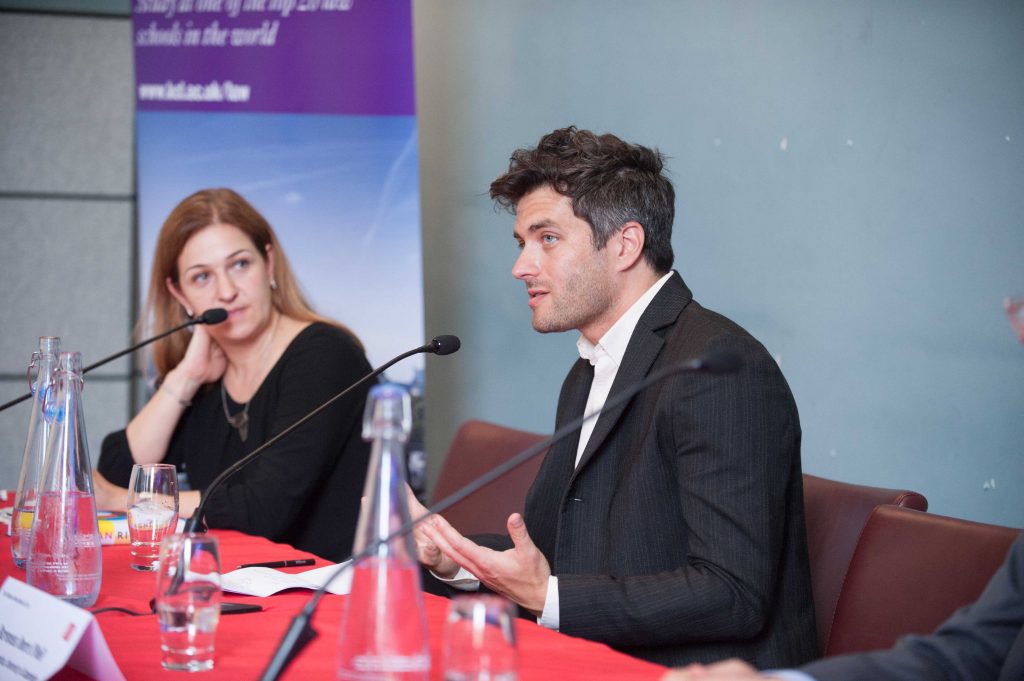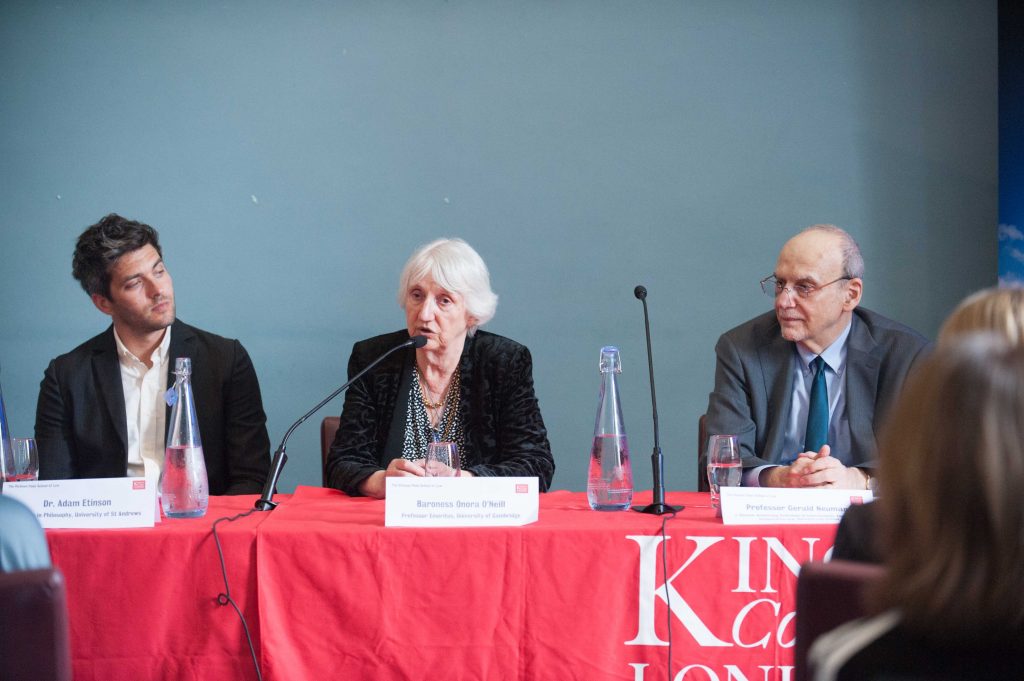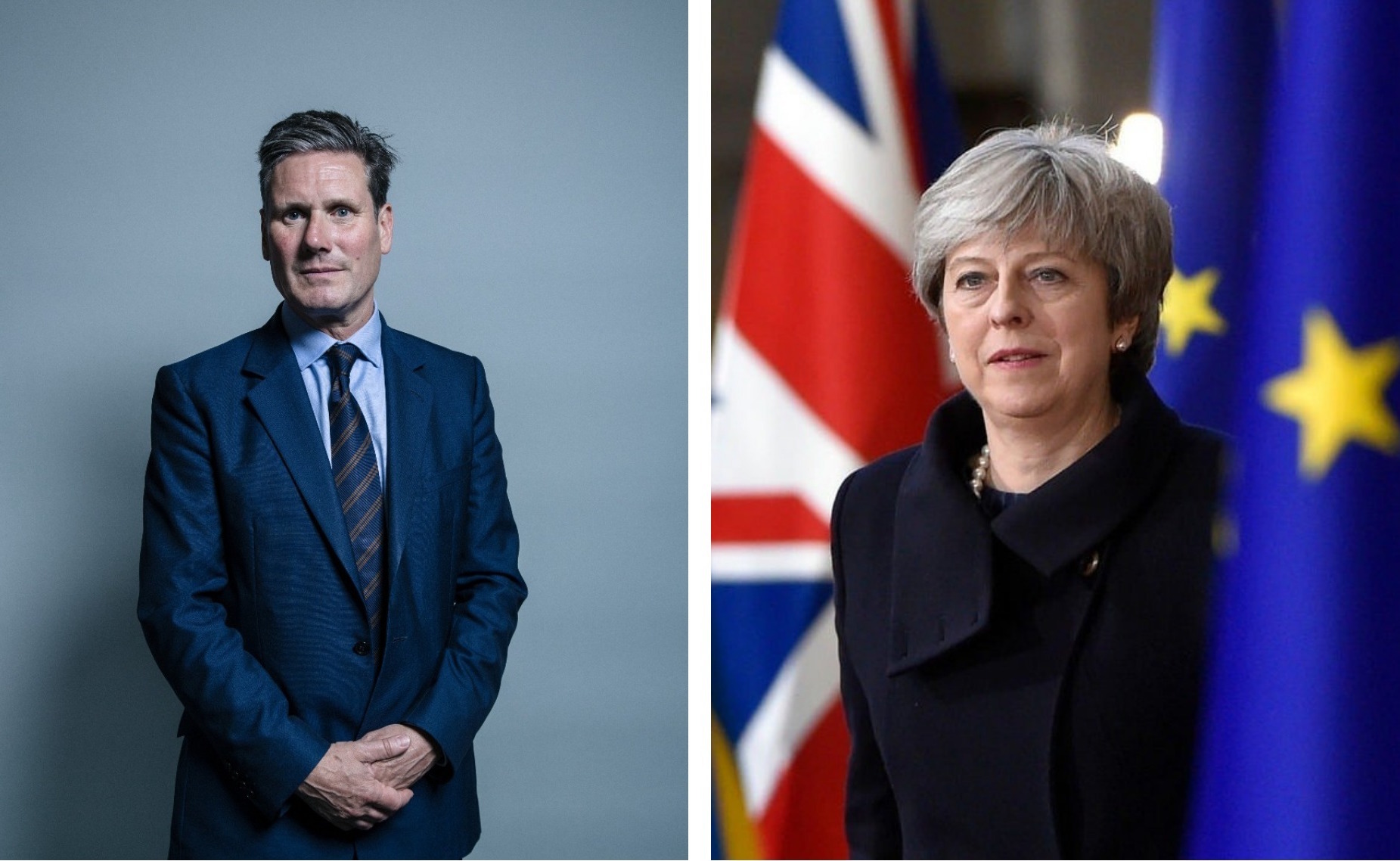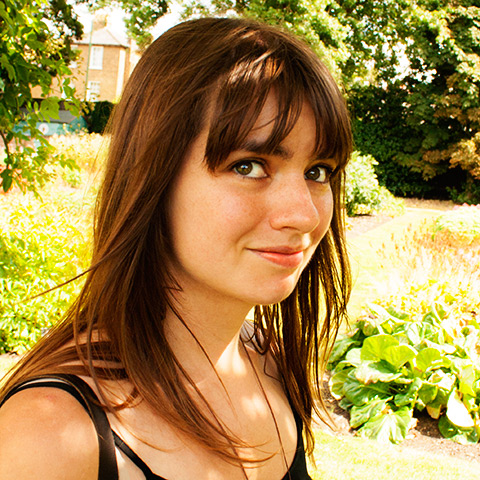Adam Etinson’s new book Human Rights: Moral or Political? looks at the ideas behind human rights, whether they’re truly universal and asks what that means in the real world.
When it comes to whether human rights are moral or political, Dr Adam Etinson isn’t choosing a side.
Speaking at the Yeoh Tiong Lay Centre at King’s College London, ahead of the launch of his new book, Human Rights: Moral or Political?, he asked one of the human rights merely political, or do they actually say something about universal morality?
Perhaps surprisingly given his book’s title, Etinson claims it doesn’t have to be one or the other. Human rights can have a moral basis while also meeting practical political ends. So why the title then? He explains that he was trying to provoke new ways of thinking about rights. The book brings together lawyers, academics, and human rights practitioners to ask what human rights are and why they matter.
As well as Etinson, the launch also featured insight from Anna Neistat of Amnesty International, Gerald Neuman from Harvard Law School, and the philosopher Baroness Onora O’Neill. Together they looked at the ideas behind human rights and how they relate to real-world practice.
The ‘Why’ of Human Rights

Image Credit: Nathan Clarke Photography / The Dickson Poon School of Law, King’s College London
“There’s surely something very distinctive about what happened in the early 20th century,” argues Onora O’Neill. While human rights have a long history, they emerged as a political force during the turmoil of two world wars.
The “traditional ethical framework was smashed,” Dr O’Neill explains. “Human rights were an important rescue job.” But, she continues, a lot got dropped in the process. “Human rights were declared without anyone thinking ‘why’?”
Human rights were an important rescue job. But they were declared without anyone thinking ‘why’
Onora O’Neill
O’Neill suggests that we need to think more about the ‘why’ of rights. “You want justification that’s deep but you want them to be practical,” she tells the audience, “and that’s a tall order. I think human rights deserve to be moral and political and if they fail on either account they will have failed.”
Human rights lawyer Dr Gerald Newman also points out that politics can be just as important as ideas about morality. Knowing whether something is a moral principle is not enough, he argues. Some laws are not created for their own sake alone but in order to protect something else. These laws serve an institutional need which, he claims, “does protect something intrinsic.”
Why Does the Philosophy of Human Rights Matter?

Image Credit: Nathan Clarke Photography / The Dickson Poon School of Law, King’s College London
Anna Neistat from Amnesty International acknowledges that, for some people, the ideas behind human rights come second to real-world practice. But it’s important, she argues, for human rights practitioners to take a step back and look at why their work matters. Amnesty International operates all around the globe and the problem, she explains, “is that the people whose rights we’re talking about, often have very different ideas of what human rights are or don’t know what they are.”
When we hear critiscm and concerns about human rights we shouldn’t abandon them.
Adam Etinson
It’s the 70th anniversary of the Universal Declaration of Human Rights this year, Dr Neistat reminds the audience. But, despite all the advances, she claims, “it doesn’t feel very celebratory.” Challenges to the universality of human rights are becoming more common, she argues, and that’s why the debate covered in the book is so important. If human rights are truly universal, then human rights practitioners need to understand why.
Etinson’s book demonstrates just how different our ideas and approaches to human rights can be. But this is all part of a healthy dialogue about the meaning of rights. A universal system needs to understand how human rights can work for everyone.
“When we hear criticism and concerns about human rights,” Etinson argues, “we shouldn’t abandon them.” Instead we need to make them better.







